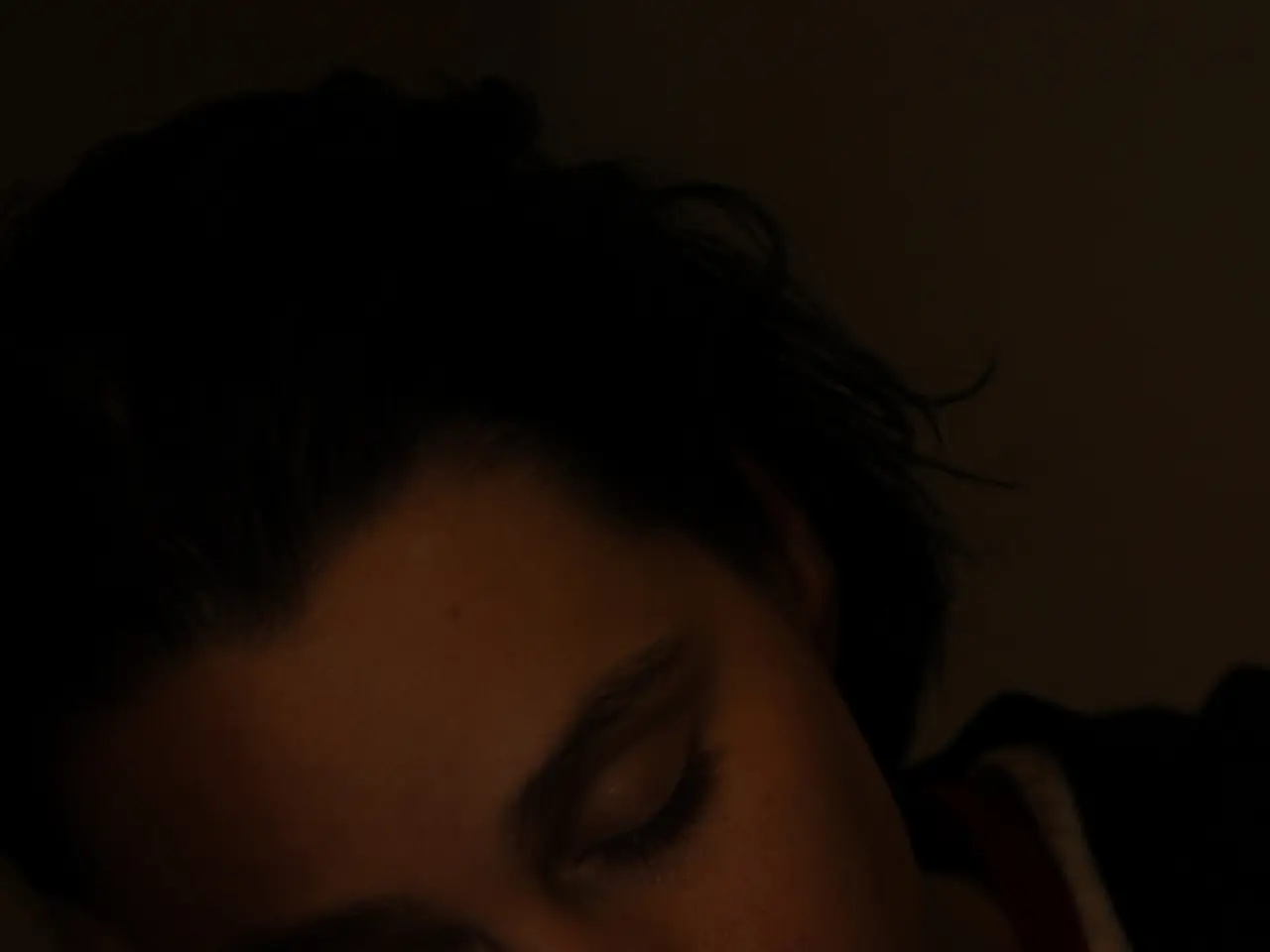The Optimal Duration for a Short Sleep: A Query Answered
In the hustle and bustle of modern life, taking a quick nap can seem like a luxury. However, napping can be a valuable tool for recharging and boosting alertness, provided it's done right. Here's a guide on how to nap effectively without compromising your nighttime sleep.
A power nap, typically lasting between 10 and 20 minutes, is the ideal length for a refreshing nap that doesn't interfere with your nighttime sleep. This duration helps you avoid entering deep sleep stages, which can cause grogginess upon waking and interfere with your ability to fall asleep later at night [1][2][3][5].
The best time for a power nap is earlier in the afternoon, ideally before 2 or 3 p.m. Napping later in the day can disrupt your circadian rhythm, making it harder to fall asleep at night [2][3]. If you find yourself needing a nap, it's best to take it early to minimise sleep disruption.
It's important to note that napping longer than 30 minutes increases the chance of entering deep stage 3 non-REM sleep, after which waking can cause feelings of terrible grogginess and hinder nighttime sleep [1][3]. For adults, the ideal nap duration is between 15 to 20 minutes, known as a power nap.
If you've had a particularly restless night, a slightly longer recovery nap (20-60 minutes) can help, but it should not become a regular habit. Regularly taking long naps can contribute to chronic insomnia [6].
It's also worth mentioning that if you find it difficult to fall asleep during a nap, simply resting quietly without sleeping can still be restorative [5]. Using an alarm to ensure the nap duration is appropriate for a good night's sleep is a good practice.
However, if you find yourself constantly needing to nap, it may indicate a sleep disorder like narcolepsy. Falling into the deep stages of sleep during the day, especially during long naps, can cause sleep inertia and disrupt your circadian rhythm [4].
In conclusion, a 10-20 minute nap earlier in the afternoon is optimal for recharging without negatively impacting your nighttime sleep. Avoid naps longer than 30 minutes and late-day naps to minimise sleep disruption. Regular sleep problems can lead to increased risks for depression, diabetes, heart problems, high blood pressure, obesity, and weakened immune system [7]. Therefore, prioritising good sleep hygiene is crucial for maintaining overall health and well-being.
References: [1] https://www.sleepfoundation.org/articles/napping [2] https://www.ncbi.nlm.nih.gov/pmc/articles/PMC4202558/ [3] https://www.ncbi.nlm.nih.gov/pmc/articles/PMC5755415/ [4] https://www.ncbi.nlm.nih.gov/pmc/articles/PMC3733433/ [5] https://www.ncbi.nlm.nih.gov/pmc/articles/PMC4319580/ [6] https://www.ncbi.nlm.nih.gov/pmc/articles/PMC5386348/ [7] https://www.sleepfoundation.org/articles/health-effects-lack-sleep
A power nap, ideally lasting between 10 and 20 minutes, is a beneficial and refreshing break that contributes to health-and-wellness by maintaining alertness without disrupting nighttime sleep. Regular napping longer than 30 minutes can lead to health issues such as chronic insomnia, depression, heart problems, and weakened immune system.




